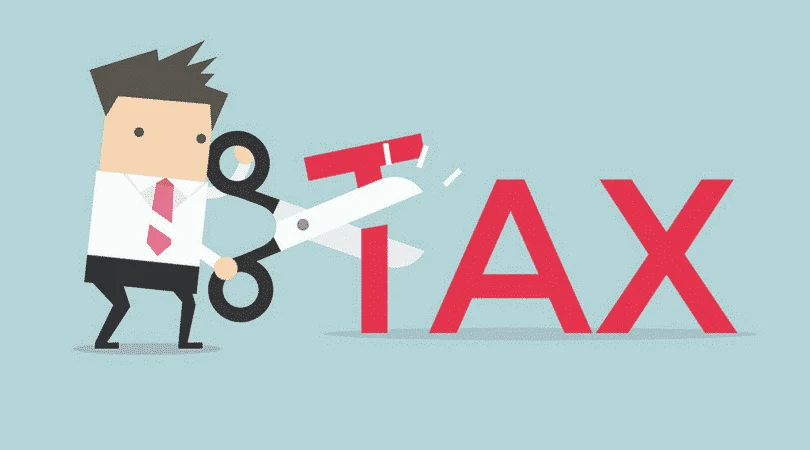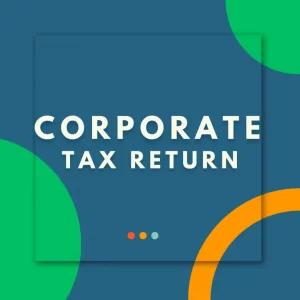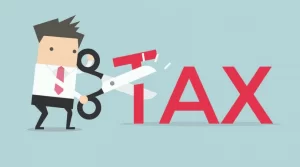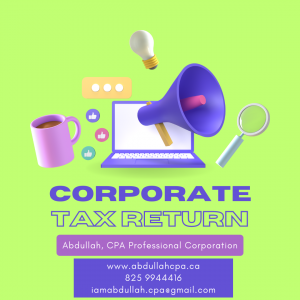Running a self-employed business in Canada comes with numerous benefits, but it also brings along the responsibility of managing your taxes effectively. Tax returns for self-employed individuals can be complex, and ensuring accurate filings is crucial to avoid penalties and maximize your deductions. This is where a qualified tax accountant can make a significant difference. In this article, we’ll explore the importance of having a tax accountant for your self-employed tax return in Canada.
Understanding Self-Employed Tax Returns: Tax Accountant for Self-Employed Tax Return Canada
Self-employed individuals are required to report their income and expenses accurately to determine their taxable income. This involves filing a T1 Personal Income Tax Return along with additional forms like the Statement of Business or Professional Activities (Form T2125). Calculating your taxes correctly and claiming all eligible deductions can be a daunting task, especially with changing tax laws and regulations.
The Role of a Tax Accountant:
Expertise and Knowledge: A tax accountant specializing in self-employed tax returns possesses in-depth knowledge of the Canadian tax code. They stay updated on the latest tax laws and regulations, ensuring that your tax return is accurate and compliant.
Maximizing Deductions: Self-employed individuals often have various deductible expenses, such as home office expenses, business-related travel, and equipment purchases. A tax accountant can identify these deductions, reducing your taxable income and potentially resulting in a lower tax liability.
Avoiding Costly Mistakes: Filing taxes incorrectly can lead to penalties and audits. A tax accountant can help you avoid these pitfalls by ensuring that your tax return is error-free and complete.
Strategic Tax Planning: Beyond tax season, a tax accountant can help you develop a tax strategy for your self-employed business. They can advise you on estimated tax payments, retirement planning, and other financial decisions that impact your tax liability.
Choosing the Right Tax Accountant:
Credentials and Experience: Look for a tax accountant with relevant certifications (like a CPA designation) and experience in handling self-employed tax returns. Their expertise can provide you with peace of mind knowing your taxes are in capable hands.
Client References: Ask for references from other self-employed individuals who have worked with the accountant. Their testimonials can give you insights into the accountant’s approach and effectiveness.
Communication: Effective communication is key. Ensure the accountant is willing to explain complex tax concepts in a way that you can understand. A good relationship with your accountant fosters collaboration and better tax planning.
Conclusion:
Navigating self-employed tax returns in Canada requires meticulous attention to detail and a solid understanding of tax regulations. Partnering with a qualified tax accountant can streamline this process, minimize your tax liability, and help you avoid potential pitfalls. From maximizing deductions to ensuring accurate filings, a tax accountant is an invaluable resource for self-employed individuals seeking to optimize their financial well-being.
Contact Abdullah CPA for Self Employed Tax Return






